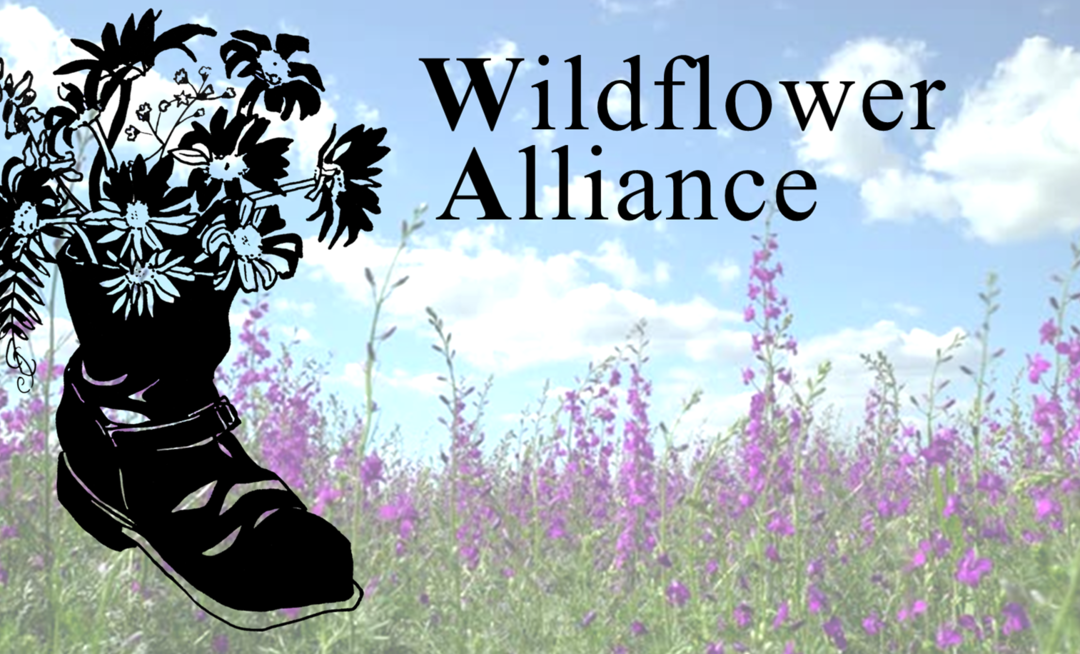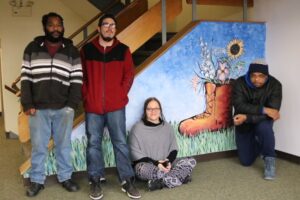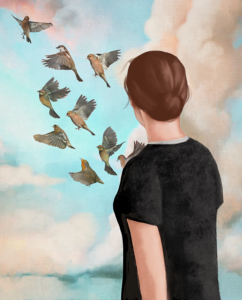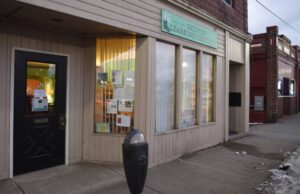It’s Not Just Britney
By | July 2, 2021
[…] The day after Britney’s statement to an L.A. court last week, one heard around the world, I called up a psychiatric-survivor activist I’ve gotten to know, Caroline Mazel-Carlton. Mazel-Carlton, who’s also a rabbi-in-training, works for an organization that is revolutionizing mental-health care in western Massachusetts (and beyond), called the Wildflower Alliance. I asked her what she thinks of so many people suddenly rallying around psychiatric patients’ civil rights — or the rights of one patient, at least.
“To me, honestly, it’s just a relief,” Mazel-Carlton said. “Sometimes I even cry, to hear people finally saying, ‘That’s not right. That’s not right.’”
When we spoke, Mazel-Carlton seemed more focused on the actual activism of the day: This week, she and some colleagues testified to the Massachusetts legislature, speaking out against a proposed law that would expand forced psychiatry in their state. Euphemistically termed Assisted Outpatient Treatment or AOT, such laws have been adopted by 47 states over the last two decades. Such laws expand the state’s powers to make medical decisions for a person deemed incapacitated by virtue of insanity, for example, going beyond the time frame of a mandated psychiatric hold in a hospital, which traditionally would be for something like 72 hours. Instead, under such laws, a person who’s been released from the hospital, say, is now controlled and monitored, often on an indefinite basis, by the state.
These AOT laws are near-ubiquitous and represent a doubling down upon this coercive-psychiatry paradigm; in other words, they are the opposite of whatever liberated vision of mental-health care is endorsed, if hazily, by the #FreeBritney campaigners. I’ve wondered if those posting #FreeBritney realize there is already a robust movement for psychiatric patients’ civil rights, one that has been organizing for decades?
“I just want to say to people: Welcome to this movement,” said Mazel-Carlton. “It’s one of the less well-known liberation movements, but we’re really excited to have you if you want to fight by our sides and not just Britney’s.”




